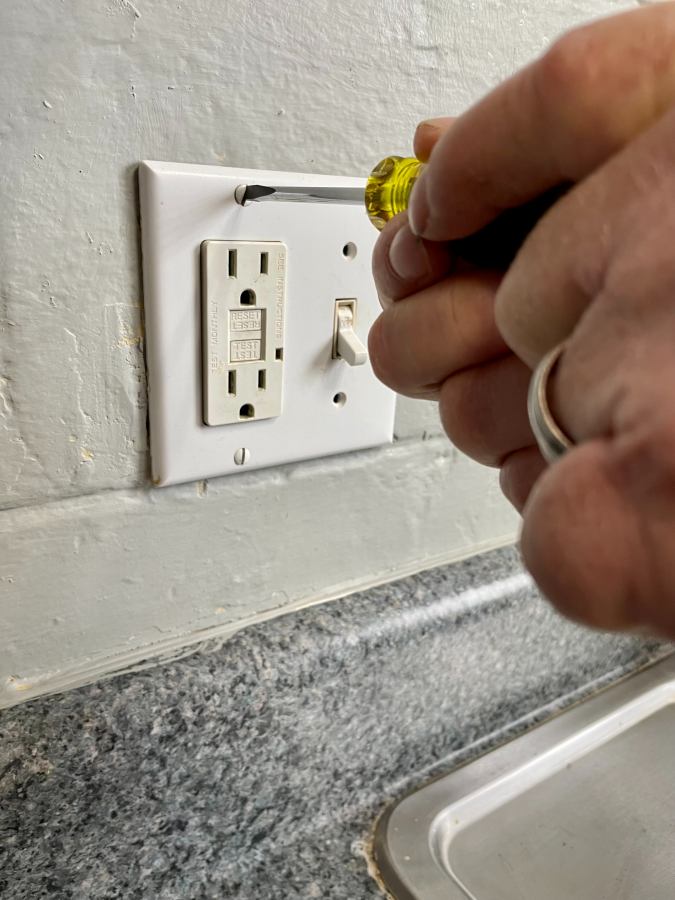Emergency Certified Electricians in Dallas, TX.
Call this Tuesday to Get 10% OFF
Emergency Certified Electricians in Dallas, TX.
Call this Tuesday to Get 10% OFF

If you look around your home, you may notice that there are different types of outlets at certain locations. Areas in your house that are close to water sources can have GFCI outlets. People can get seriously injured from electrical shocks, and there’s a high risk of that happening if your outlet lacks a GFCI. Find out why having GFCI outlets in high-risk places will be an advantage and a lifesaver for you.
A GFCI’s (ground fault circuit interrupter) purpose is to block electrical shocks. They can detect when a current is strayed off its intended electrical path, their ground fault. When the GFCI detects the current traveling in the wrong direction, it shuts off the circuit in a matter of milliseconds. They can detect even the slightest amount of movement and cut off the current before it reaches the wrong receiver. Some areas inside your house that are required to use GFCI outlets are kitchens, bathrooms, laundry rooms, and other places dangerously clfose to a water source. If you live in a house built before 1970, you most likely don’t have GFCI outlets and should get an electrical outlet replacement for your safety. Call an affordable electrician from Mr. Electric to help you out.
The main difference between regular and GFCI outlets is their look and location. Regular outlets are smaller in size and do not have testing buttons on the outlet like GFCI outlets do. Areas around the house such as bedrooms and living rooms don’t require GFCI outlets and are fine with regular outlets because they don’t contain water sources.
There are several reasons why you can really benefit from having GFCI outlets.